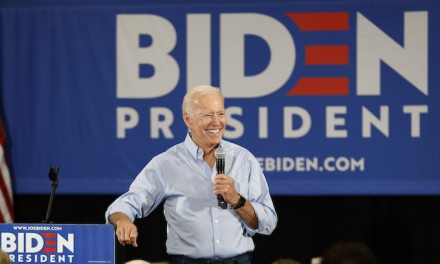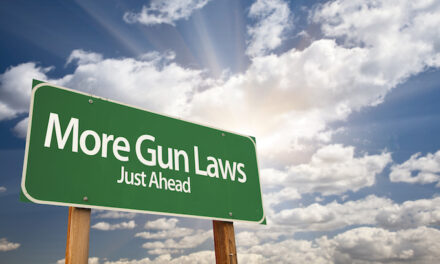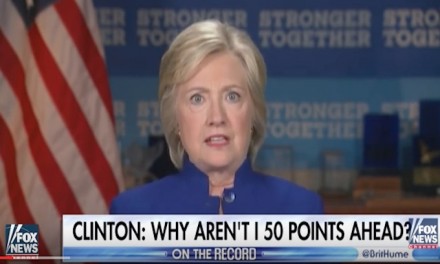In an unusual move the state Supreme Court has ordered judges around the state to consider an individual’s ability to pay before setting bail in criminal cases, potentially upending longstanding reliance on bail schedules set by each county.
The decision is a boost to supporters of a drive to remove cash bail from the criminal justice system and replace it with a system that is based on assessing the risk of releasing someone before trial. Cash bail opponents have long said it punishes people not for wrongdoing but for being poor and disproportionately harms people of color. They say California has the highest bail amounts in the nation, listed in each county’s bail schedule — a document that sets out recommended bail amounts for all crimes.
The Supreme Court’s Aug. 26 order came about in an unlikely way. The court is preparing to hear an appeal of a 2018 decision by an appeals court in San Francisco that ruled a $350,000 bail, set in a case of a man who was charged with robbery and burglary for stealing $7 and a bottle of cologne from a 79-year-old man, violated the due process and equal protection clauses of the U.S. Constitution.
The appeals court said the bail-setting judge should have considered the financial resources of the defendant, Kenneth Humphrey, and considered alternatives to money bail. When the state Supreme Court agreed to take the case in 2018, the impact of the court of appeal ruling as “binding or precedential” on other courts was erased.
Lawyers for Humphrey asked the court in 2018 to reinstate a portion of the appeals court ruling that said setting bail without considering ability to pay violated the federal Constitution. The court declined then.
But on Aug. 4 lawyers for Humphrey asked again, citing two new reasons. First, they said that judges around the state “are routinely failing to determine arrested individuals’ ability to pay” before setting bail. Second, the COVID-19 pandemic poses a serious threat to the health of people in jails and prison, where the confined quarters and difficulty in social distancing allows the virus that causes the disease to rapidly spread.
This time, the high court agreed, without further comment, and ordered trial judges to consider a defendant’s ability to pay. Katherine Hubbard, one of the lawyers for Humphrey, said the ruling means judges can no longer turn only to the bail schedule when considering a case.
“Our position is most people can safely be released, pre-trial,” she said. Judges can fashion on-monetary conditions that will achieve the purpose of bail — to assure someone shows up at their next hearing, she said.
San Diego Superior Court Judge Eugenia Eyherabide, the supervising criminal judge in the downtown courthouse, said the order by the court means judges now have to ask about a person’s financial situation as part of the overall consideration of bail setting. While that often happened previously, she said, the court’s order makes it mandatory.
“It’s an additional factor a judge has to consider,” she said.
While Eyherabide said that judges “are making that inquiry now,” a sample of arraignments held Friday — 10 days after the court’s order — revealed that was not the case. In a half-dozen arraignments for felonies and misdemeanors, when it came to setting bail no one — judge nor defense lawyers — raised the question of the financial status of the defendant to meet bail.
In nearly all the cases the bail schedule was used as a guide, and in some cases judges set the bail lower than the schedule.
Deputy District Attorney Marissa Bejarano said judges have to weigh the risk to public safety as the main consideration in setting bail, and now also have to consider the means to pay. She said the order does not automatically make the bail schedule obsolete. Judges can still consider the schedule as a starting point and either increase bail or decrease it, she said.
Opponents of cash bail like Hubbard disagree that public safety is the primary concern in setting bail. The state constitution has two sections dealing with bail: one establishes a right to pre-trial release on bail except in some circumstances, and a second makes victim and public safety the main consideration. The high court will likely have to resolve that conflict.
___
(c)2020 The San Diego Union-Tribune
Visit The San Diego Union-Tribune at www.sandiegouniontribune.com
Distributed by Tribune Content Agency, LLC.
—-
This content is published through a licensing agreement with Acquire Media using its NewsEdge technology.



















Recent Comments